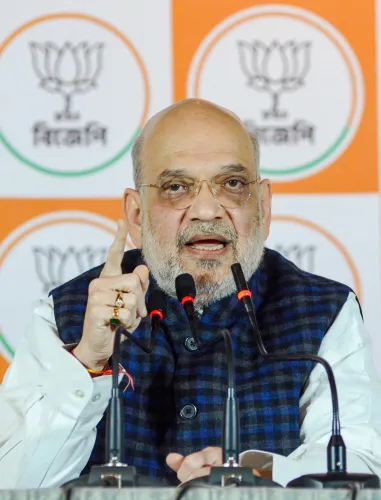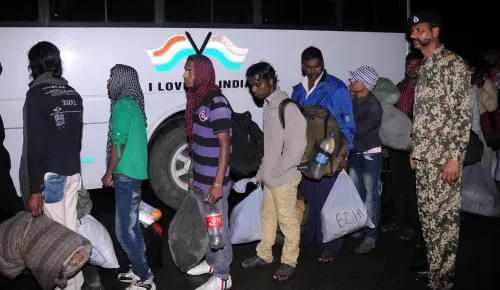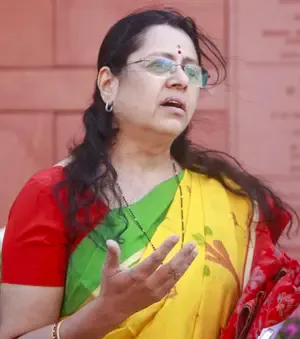Is the Centre's Caste Census a Significant Move for OBC Welfare?

Synopsis
Key Takeaways
- Government's commitment to OBC welfare is reinforced.
- NCBC's constitutional status enhances its effectiveness.
- Caste census to guide future policies.
- Non-creamy layer distinction benefits OBC communities.
- Inclusivity in policy-making is crucial.
New Delhi, May 4 (NationPress) The Chairman of the National Commission for Backward Classes (NCBC), Hansraj Gangaram Ahir, expressed his approval of the Centre's recent decision to initiate a caste-based census. He emphasized that this decision highlights the government's dedication to the welfare of backward and Other Backward Classes (OBC) communities.
In an exclusive interview with IANS, Ahir described the decision, reached during a high-level meeting of the Cabinet Committee on Political Affairs led by Prime Minister Narendra Modi, as a “historic step” towards fulfilling the long-standing demands of backward communities.
This census will coincide with the upcoming nationwide population count, representing a significant policy shift.
He commended the government for enhancing the NCBC's authority by granting it constitutional status and establishing it as a quasi-judicial body, which will enable more effective addressing of concerns for backward communities.
Ahir pointed out that the government not only conferred constitutional status upon the OBC Commission but also introduced reservations for OBCs and Economically Weaker Sections (EWS) in NEET for medical college admissions.
He stated, “This is beneficial for the OBC. Under this administration, actions are being taken for the OBC. The government's intent is clear: the welfare of OBCs must be prioritized.”
Ahir underlined the commission's framework that allows for the exclusion of upper caste individuals, thus reinforcing the focus on authentic backward communities.
Regarding the caste census, he noted, “There has been a long-standing demand for a caste census, and the government has made this decision considering the advantages for the backward and OBC communities. Families with low income will benefit from this.”
He elaborated on the complex structure within the OBC category, which differentiates between creamy and non-creamy layers.
“The non-creamy layer benefits from OBC provisions. Unlike SC and ST categories, OBCs have both creamy and non-creamy layer provisions. However, families must establish whether they belong to the creamy or non-creamy layer to access benefits accordingly,” he added.
Ahir mentioned that the outcomes of the caste census will shape future policies and enable the commission to provide evidence-based recommendations.
He concluded, “After this census, we can recommend the removal or addition of certain castes to ensure that those most in need receive the benefits.”










